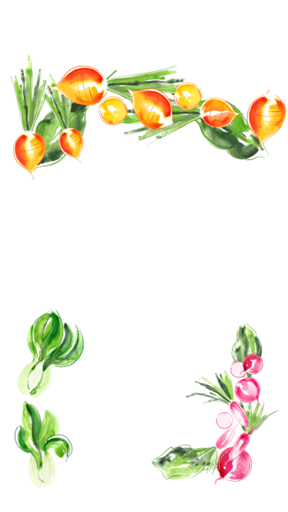Coir, derived from coconut trees, is an incredibly valuable and sustainable resource. A single hectare of coconut trees yields 9,000 coconuts, providing 5 tonnes of nutritious coconut meat, 6 tonnes of coir, and 3.5 tonnes of coconut shells.Harvested every 45 days on average, coir is a renewable resource. Coconut trees also contribute to carbon sequestration during their lifespan and after being repurposed for housebuilding. Moreover, they improve soil quality by increasing carbon in their root zones, effectively removing CO2 from the atmosphere.
While the production process of coir has raised concerns about its environmental impact, many coir manufacturers addresses this issue by implementing a wastewater treatment system. This ensures that coir production remains sustainable and environmentally friendly.Utilizing coir in products such as compost prevents waste and supports the recycling of valuable materials from commercial coconut harvesting.
Although transporting coir generates carbon emissions, it remains a more sustainable option than peat. With only 11% water content compared to peat's 60%, coir minimizes emissions associated with shipping water over long distances. Preserving peatlands is crucial for maintaining their role as natural carbon sinks. Digging up peatlands for commercial use contributes to global emissions, making it essential to adopt sustainable alternatives like coir. As coir lasts longer, performs better, and is a by-product of food production, it presents a superior, environmentally friendly choice for gardeners and the planet.


